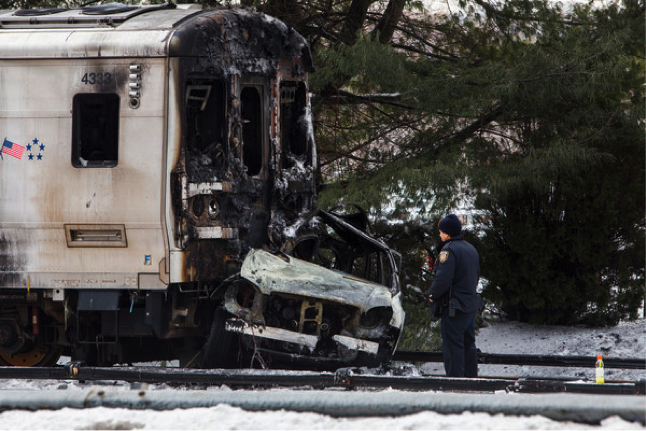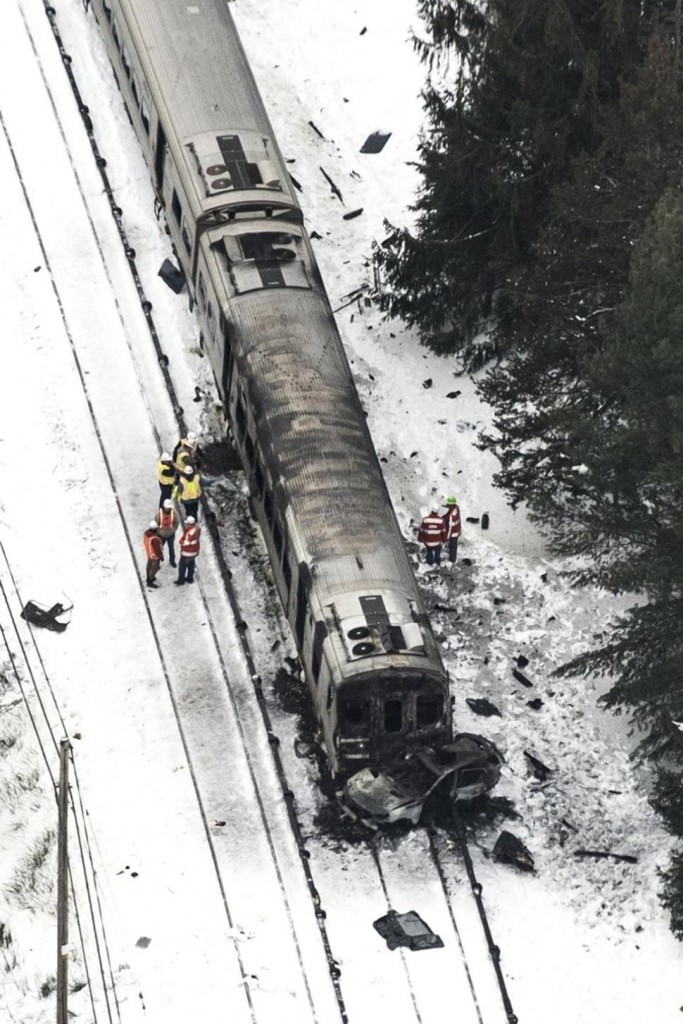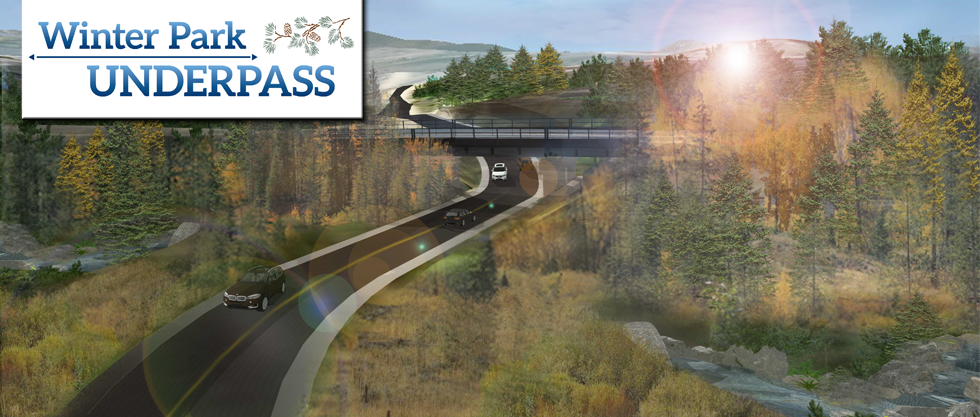Is After the Fact Acceptable? – Winter Park, CO

Should towns make improvements prior to these accidents?
With a recent uptick in accidents involving trains, it seems there is a common reaction to every accident.
The reaction tends to go like this:
- Shock – You commonly hear phrases like, “we can’t believe this happened” and “our thoughts are with the victims and their families.”
- Review – People begin to report that they are in fact not surprised by the accident. Quotes like, “Looking back I always knew something was going to happen there,” and “that was a very dangerous crossing,” begin to surface.
- Learning – Town leaders decide to use the tragedy as a “learning experience.” They vow to “improve X, Y and Z in order to make everyone safer.”
While making improvements after the fact is better than not at all, it still brings to question whether towns should be more proactive regarding railroad safety prior to these tragedies.
In the case of the Metro-North accident on February 4, 2015, multiple individuals acknowledged that they felt an accident was going to happen eventually at that railroad crossing.
“It was inevitable that something would happen,” said Paul Durante, 57, on Wednesday morning after his daily commute from Connecticut to his job at Select Telecom overlooking the lethal Commerce St. railroad crossing in Valhalla. “You watch people speed across that crossing every day and trains speeding through it at 65-70 mph, horns blaring, bells ringing. Now it has finally happened.”
“Somehow she ended up in this strange and unfamiliar place,” said Alan Brody, the wife of the SUV driver involved in the accident. “I once drove there in that area two years ago, and I remember thinking, ‘Are you kidding me? Who could imagine a major commuter railroad running through this? How could it?’”
If towns are away of dangers, why do they wait until after a tragedy to fix a problem?
Certainly, once the spotlight is on them, they are required to make a change…but shouldn’t they be proactive about improving safety prior to a tragedy?
Additionally, if a town is aware of a dangerous crossing, and they fail to improve, should that town be held liable once an accident occurs? Winter Park, CO is home to a dangerous railroad crossing. The town legally agreed to help pay for an underpass but has been neglecting their agreement.
 Winter Park Underpass
Winter Park Underpass
